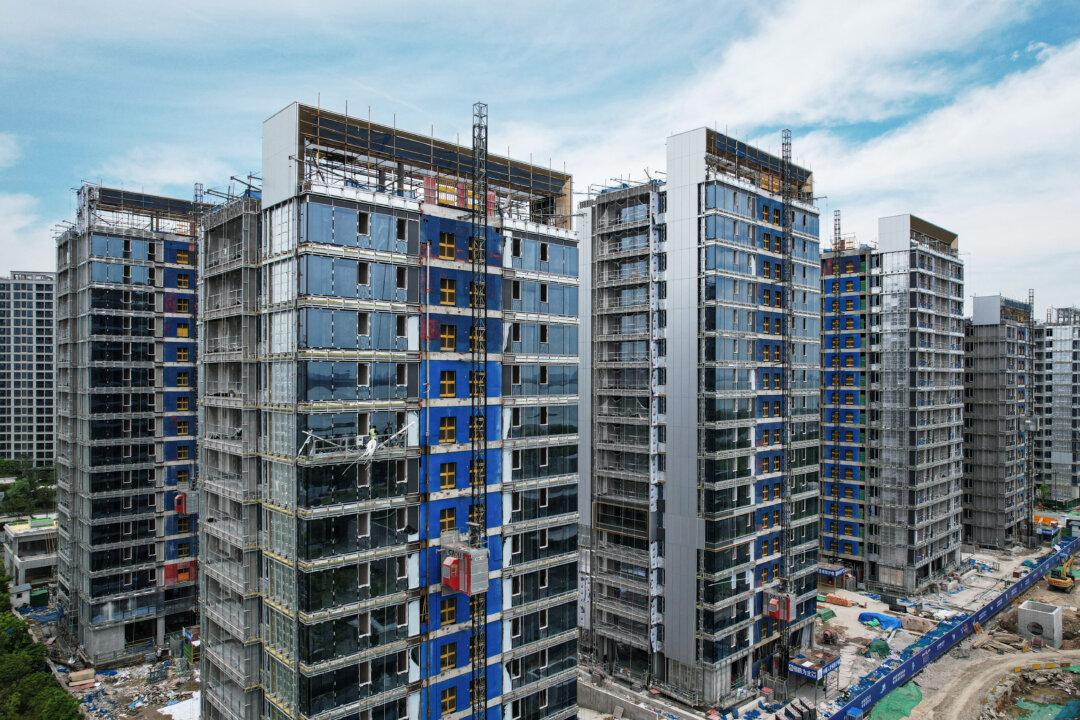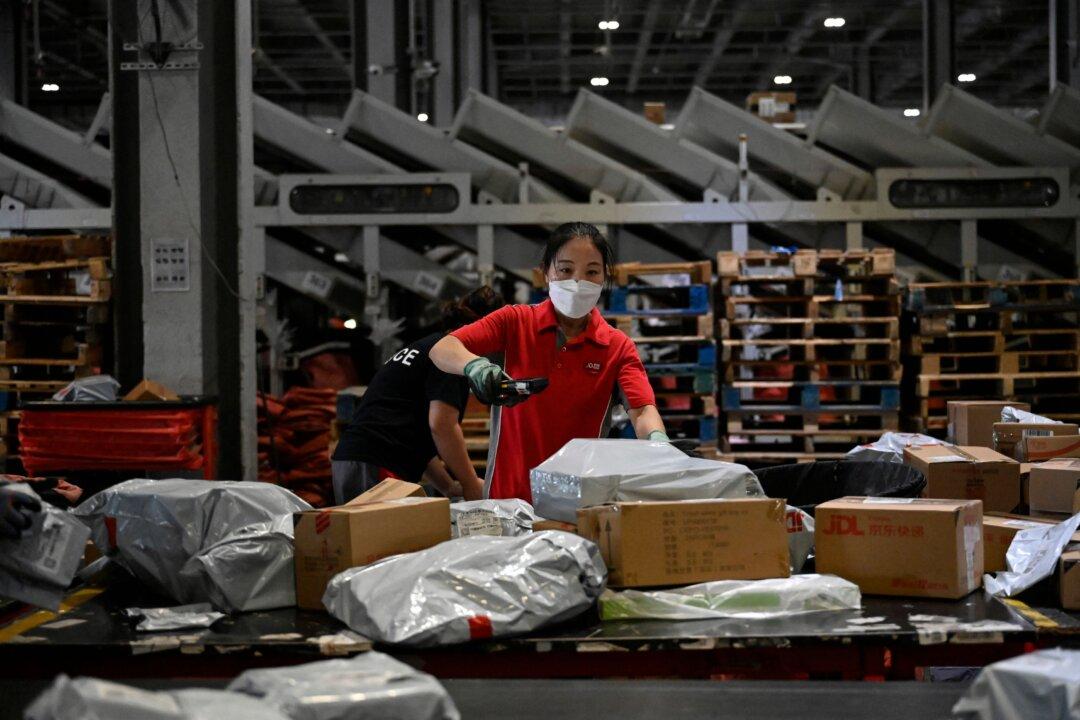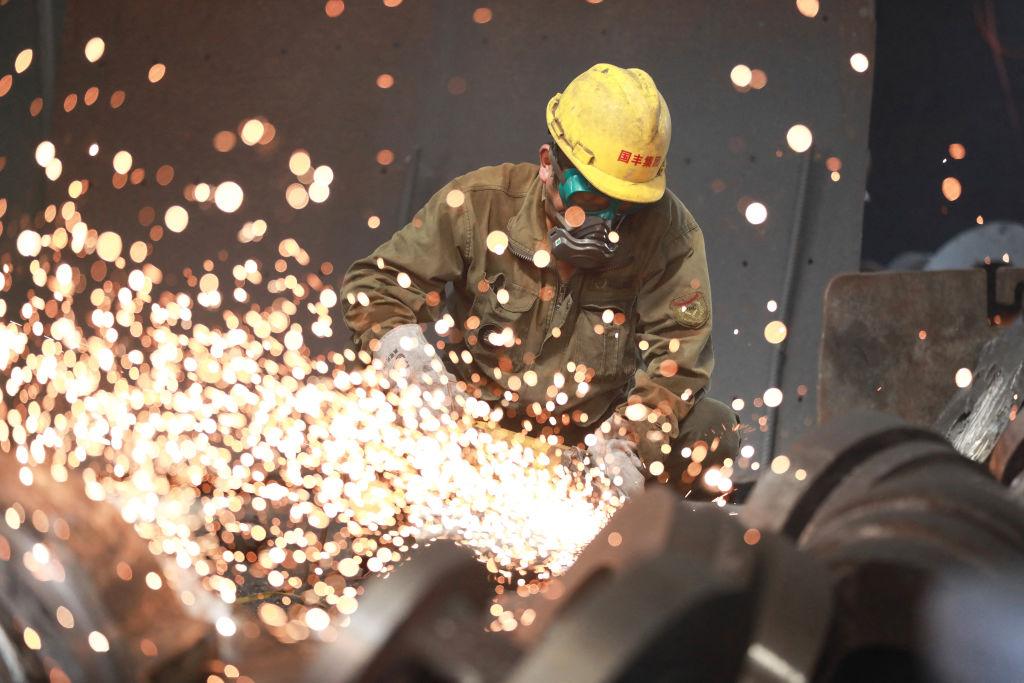A slowing economy, crackdowns on shadow financing, and plummeting earnings from land sales are crimping China’s local governments’ spending power that could likely force them to slash their infrastructure spending, experts fear. But worse, after the property sector, investments in China’s infrastructure are seen as a potential second domino to fall, they say.
“[China’s] local governments are running increasingly higher deficits that will limit their ability to spend their way into growth,” Andrew Colliers, a China analyst and managing director at the Hong Kong-based Orient Capital Research, told The Epoch Times.





